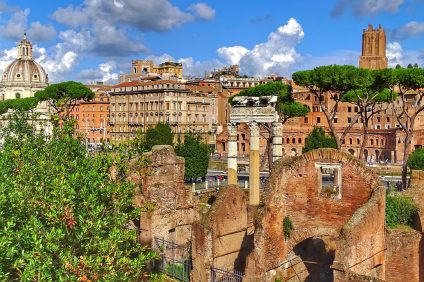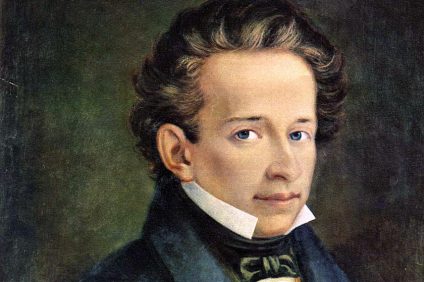Boccaccio, witness of the terrible plague that struck Florence in 1348 forces us to find many similarities with our age and the Coronavirus. He speaks of the useless barricades, and of the foolishness with which one faced the disease.
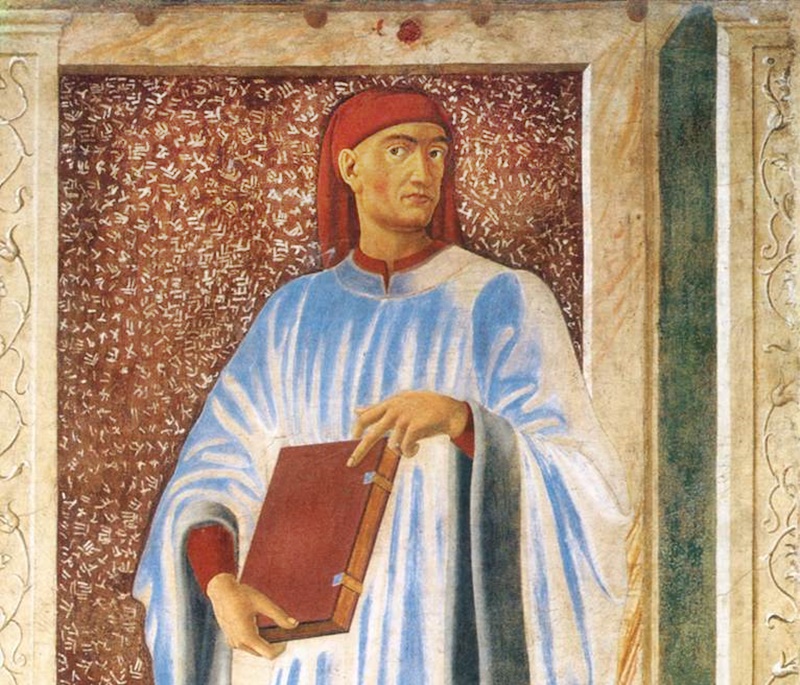
The poet witnesses the death of his stepmother Bice, his uncle Vanni and his father Boccaccino. In addition, poets such as Matteo Frescobaldi and Franceschino degli Albizzi and the historian Giovanni Villani die. He survives with his brother Iacopo.
Boccaccio
La "Deadly pestilence", as he calls it, always using periphrases, it becomes the frame of Decameron. The drafting of the work begins precisely in that fatal year, ending in 1350. The chroniclers tell that the epidemic, triggered by an eastern outbreak and spread to European port cities, arrived in Florence in 1348. The city, already plagued by a severe economic and political crisis, feels the pinch.
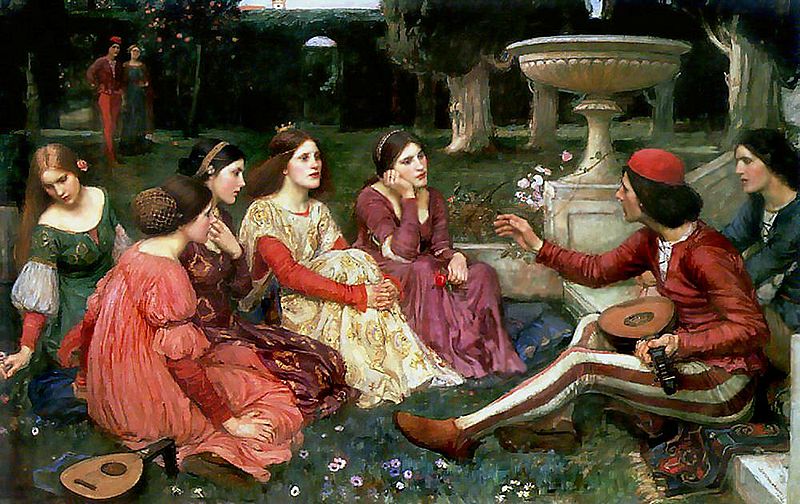
Then, within five years, the pandemic from southern Italy extends to the Balkans. At least one third of the European population dies. Boccaccio tells of "the horrible beginning" on which his book is based. It serves as a pretext for reaching the "beautiful and delightful plan" of the short stories. Principia thus, with "an honest brigade”Of seven girls and three boys. They flee the city, taking refuge in a country villa. There they spend their time, keeping company, for ten days, telling each other stories.
Boccaccio and the Decameron
The "Decameron ", that wants to entertain pleasantly, and represents an ancient "Resilience" to take as an example today. Boccaccio tells with absolute precision, as a witness, the conditions of the city of Florence. In the lily city, as soon as the disease is revealed, there is no immediate action for cover. But then they close the city, so no one goes in or out, just like today.
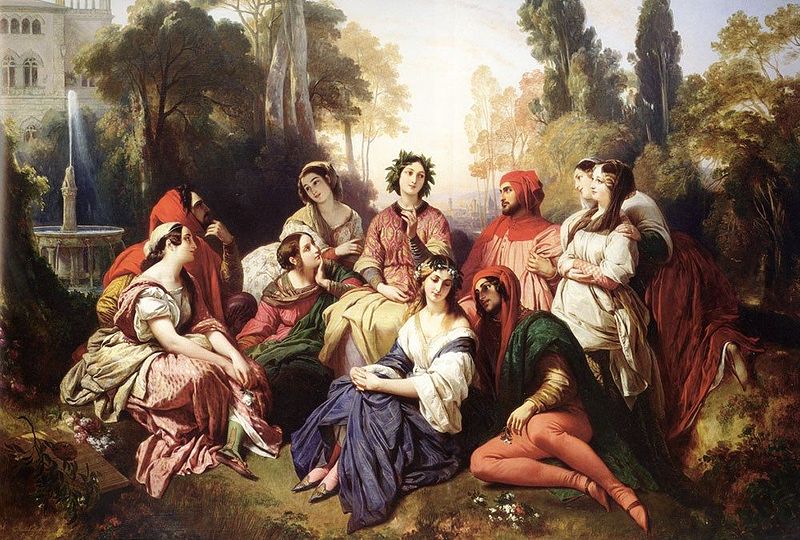
"A lot of advice" is dispensed on hygienic conditions, health, trying to avoid contagion. However, it is noted that not even prayers and processions stop the disease. So the centuries pass, but the reactions and the measures are always the same. Meanwhile Boccaccio describes the bulges under the groin and under the armpits. We observe the buboes grown as small apples, or as eggs. The swellings then begin to multiply, manifesting themselves in every part of the body and appearing as black and livid spots.
The plague in Florence
The poet says: “for not only speaking or using with the sick gave healthy infirmities or causes of common death. (...) but still touching the clothes or whatever else was touched or used by those sick seemed to carry that infirmity with it ". The author does not speak of disinfectants and was navigated by sight. So someone begins to think about getting around the scourge by changing habits in everyday life. One begins to live in moderation, giving up superfluous things. People begin to refrain from gathering in small groups, deciding to retire indoors so as not to hear the bad news. Excesses are avoided but, we allow ourselves some small pleasure in the throat and some singing in common, like today. Others, however, convinced that enjoying life laughing and having fun in company was the best way to overcome evil, ignored it, believing they were chasing it away.
Quarantine for the plague as for the Coronavirus
During the first few bars, we too believed we were getting around the #Coronavirus with shopping, happy hours, the full pubs of the last few weeks. Yet it did not help, and the "Decameron" teaches it, in which we find many similarities. However, substantial differences are also evident. As Boccaccio recounts, the black plague led to such despair and such fear that women abandoned sick men. Husbands also abandoned their wives. What remained was the charity of a few and the greed of the servants who hoped to get money out of the masters. Then when the "ferocity of pistolence" began to grow, even funerals began to run out, alas as today.
# Italian in the heart


